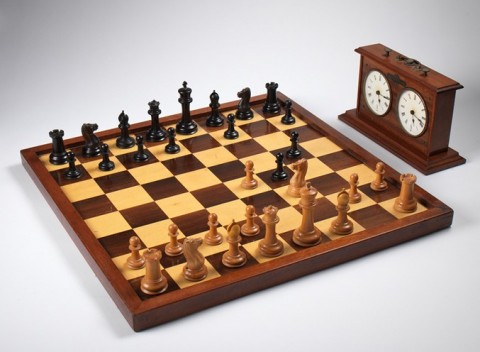I vote that flagging is completely legitimate. Here's why:
1. Flagging is the point of 3 minute blitz. If you are going to complete a chess game in 3 minutes, you are going in with the intention of making snap chess decisions and abiding by a three minute clock. The slower players or those with bad internet have many other formats to choose from.
2. Flagging is fun to watch. If you are spectating, it is fun to see someone win a losing position because of clock management and good scrambling ability. This is different from basket ball, football or soccer where the winning team runs down the last five minutes of the clock in a big yawn fest. The most exciting time in a blitz game is the last minute.
3. Flagging is its own skill. There are many three minute blitz players who are just as good at flagging as they are at chess. Hikaru Nakamura is probably the best flagger. Also, it is a special kind of soul crushing defeat to be flagged when your position is better.
For these reasons, I vote flagging as legitimate.
Here is a dirty chess trick that ought to be banned:

This is one of my games. I had black. The rules were 15 minute time limit plus 10 seconds per move. Move 48 was the last move something interesting happened. Depicted is move 50. After that, I asked for a draw, it was declined, and we moved the pieces around the board for the next twenty minutes. He couldn't checkmate because my bishop was too strong, and I couldn't advance my pawn because he had too much control. After move 108, we were in the same position, and there was more time on the clock than when the game started. I got bored and quit. My opponent, a very bad man from Mexico, won. There should be a draw rule where a game is considered drawn if nothing happens for 50 moves.
I don't think that the free agent market is wrong to strike or refuse to sign, but it seems like holding out is a double edged sword. Wasn't it Boras stall tactics that cost James Paxton first round money and kept him out of baseball for a year? Kendrys Morales also springs to mind as someone who went jobless for half a season because he held out too long.
I think holding out is legitimate, except for the Marshawn Lynch style hold outs where you refuse to play after you have already signed a contract.
Cool post Jonez.
